Cultivating Collaborative Futures: Empowering Pakistan’s Next Generation of Leaders to be Inclusive and Equitable
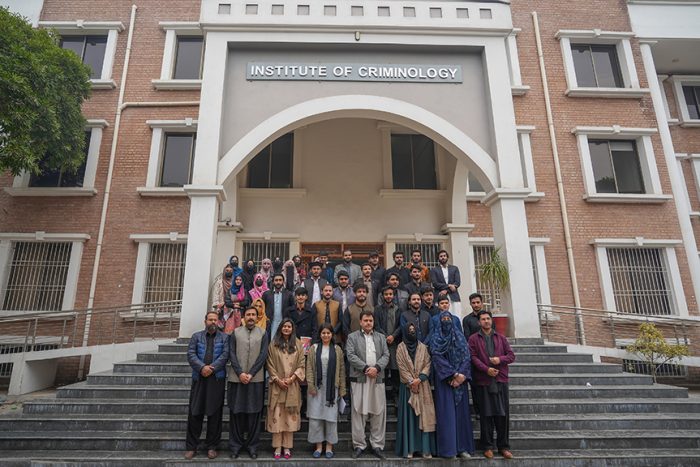
The seventh phase of Community World Service Asia’s Youth Engagement Project (YEP)1 is implemented in partnership with three renown universities of Pakistan; the University of Sindh, Jamshoro, University of the Punjab, Lahore, and the University of Peshawar. The project aims to foster youth leadership and proactive engagement regardless of gender, ethnicity, or religious background. By enhancing the capacities of both youth and faculty on themes around critical thinking, scientific methodology, and social awareness, the project seeks to address the issues that exist due to marginalisation of minorities co-existing in Pakistan. For many years, Pakistani universities, whether public or private, have struggled to inspire and motivate students to start questioning harmful social norms that affect religious minorities and combat continuous violations of religious freedom, despite the youth having the potential to drive positive change.
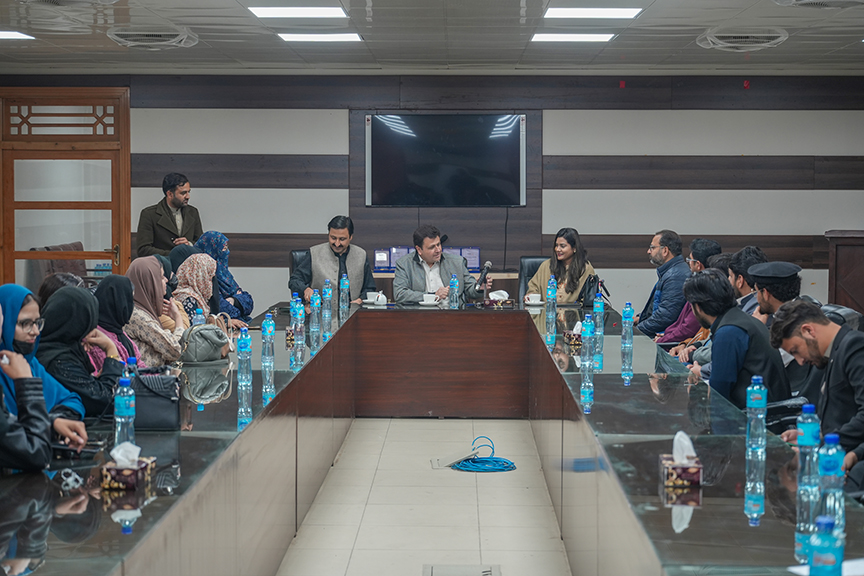
The YEP project believes in the strength of collective action that the youth can lead through initiating activities and advocacy campaigns that support religious minorities and the elements that promote secularism and peaceful co-existence.
Capacity Strengthening and Advocacy (Lobbying) have been the two key elements defining the project scope. Under the Capacity Building component, focal persons from diverse stakeholder groups are selected, orientations are conducted, youth networks are formed, leadership and advocacy trainings are held followed by refreshers and regular network meetings among the varied stakeholders. Then the alumni for mentorship are selected, and a summer internship program is conducted. While, the Advocacy and Lobbying component focuses on facilitating student-led initiatives and annual events designed to promote the project’s objectives and intended outcomes.
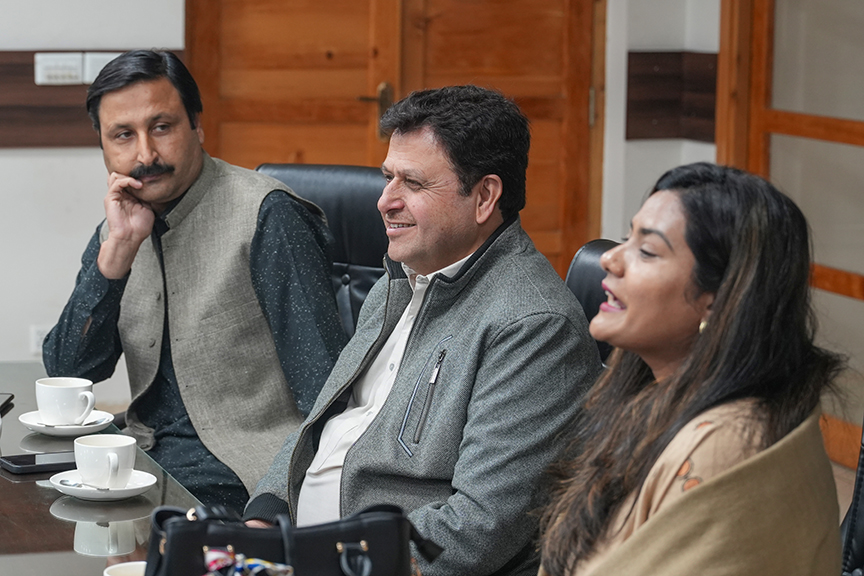
To enable a conducive learning environment for a project of this nature, the faculty at these three universities have effectively integrated strategic teaching approaches that promote critical thinking, creativity, and empathy for marginalised groups among students. The program has not only helped in empowering students to make responsible and objective decisions and given them the confidence to speak up for the marginalised but has also closely engaged faculty members and provincial Social Welfare departments in different activities to ensure effective ownership and a more sustainable impact. The project also prioritised engagement with religious minority members. In the first year of its current phase, the project has trained 59 students, including 26 men and 33 women, through capacity building trainings2, and reached 1,234 individuals, including 745 men & 489 women, through face to face and virtual Student-Led activities.
This year-end gathering promotes networking and relationship building among participants while celebrating their collective efforts. This year’s Annual Event also marked the conclusion of the first year of the current phase. A total of 102 youth attended the event (including 39 men and 53 women), along with 13 focal persons from universities and officials from the Social Welfare Department who participated in the closing ceremonies.
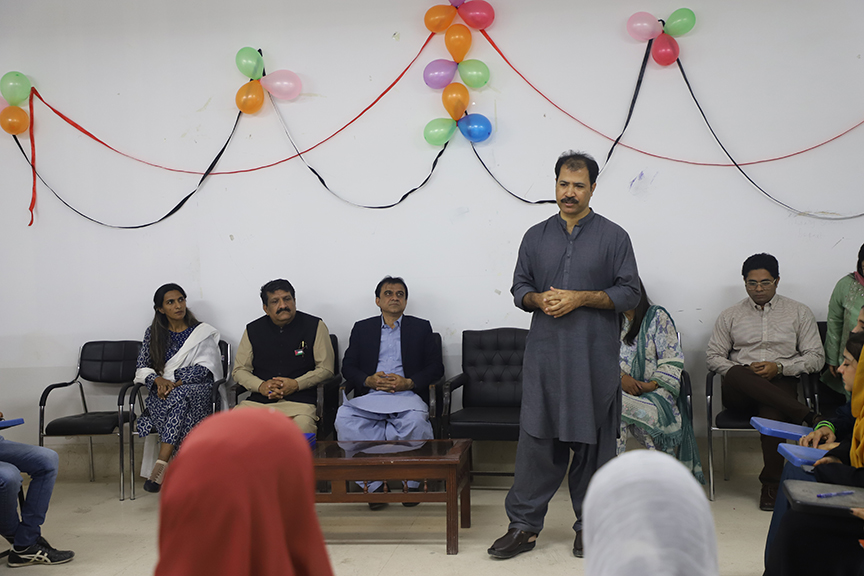
“My journey with CWSA and this program has been a joyous one. Today, my ability to speak confidently and share my story is possible due to this intervention. It has greatly contributed to my character development, particularly in enhancing my communication skills. I am truly grateful for the opportunity to have participated in this program,” shared Nabia Wasim, a student selected as one of the network members, at the closing event, which took place at the University of Sindh, Jamshoro. Nabia was also a participant of a six-day youth leadership training offered under the YEP project. This experience, together with her dedication, led to her selection for the summer internship program focusing on raising awareness and addressing issues of religious minorities. This immersive experience deepened her knowledge and understanding, motivating her to advocate for equality and inclusion at the grass-root and provincial level. Today, Nabia enthusiastically shares her learnings with peers, aiming to promote empathy and understanding among the youth of Pakistan towards the challenges and rights of the marginalised.
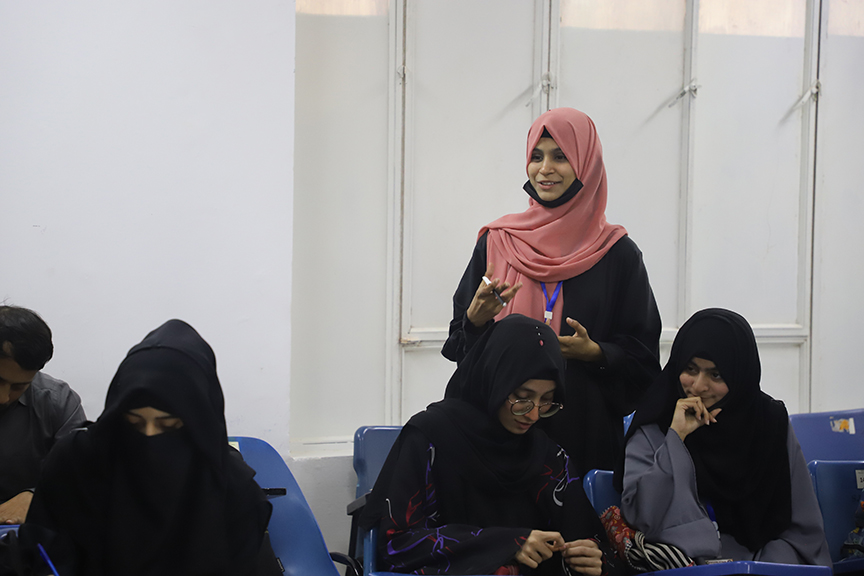
Like Nabia, for many students, the most significant learning of this project has been bridging the gap between minority and majority communities. Speaking at the closing event, Gohar Sultan, a third-semester student at the University of Peshawar, expressed, “I grasped the essence of combating discrimination, addressing biases within myself. This experience enlightened me and many others on cultivating inclusivity for minorities, offering them a voice. The values of humanity and peace instilled in me are ones I aspire to uphold.” Gohar volunteered with the network students, and he actively participated in conducting student-led activities in Peshawar. While his involvement was not as a trained participant, his contributions were valuable in supporting the execution of project activities at the grassroots level.
“Training the students has not just enhanced their professional and academic skills, but it has also played a pivotal role in shaping their individuality, the humanitarian morals they hold and boosting their confidence. This Capacity Building initiative has been excellent in not only facilitating students’ learning but also empowering them to become leaders”, stated the Head of the Social Welfare Department at the University of Sindh, Jamshoro.

These events not only served as a networking and learning opportunity for the project participants but also became a sort of a retreat for those engaged, motivating students to be even more actively involved in such awareness and advocacy campaigns. The event itself proved to be a key platform to promote social inclusion by bringing together program participants from diverse backgrounds—students, faculty, and Social Welfare officers—regardless of university affiliation, religious beliefs, socioeconomic status, or gender, to celebrate their collective work towards a common cause.
Youth who are equipped with leadership skills such as communication, motivation, commitment, delegation, volunteerism, creativity, positivity, and accountability are poised to actively contribute to society. Through effective communication and the right tools to advocate on key issues and rights, youth leaders can inspire and lead initiatives that will drive positive change, address social challenges, and build a cohesive and supportive community.






